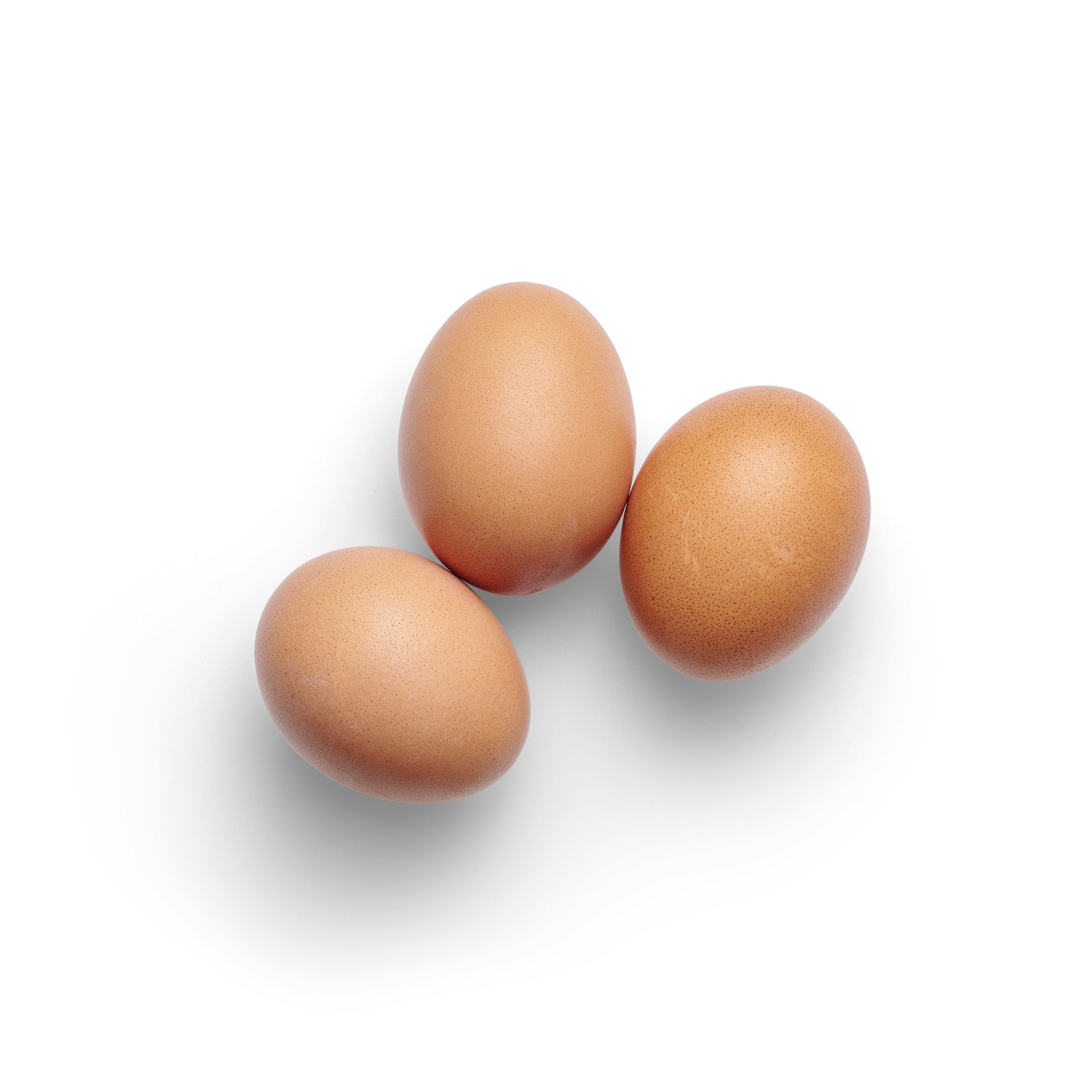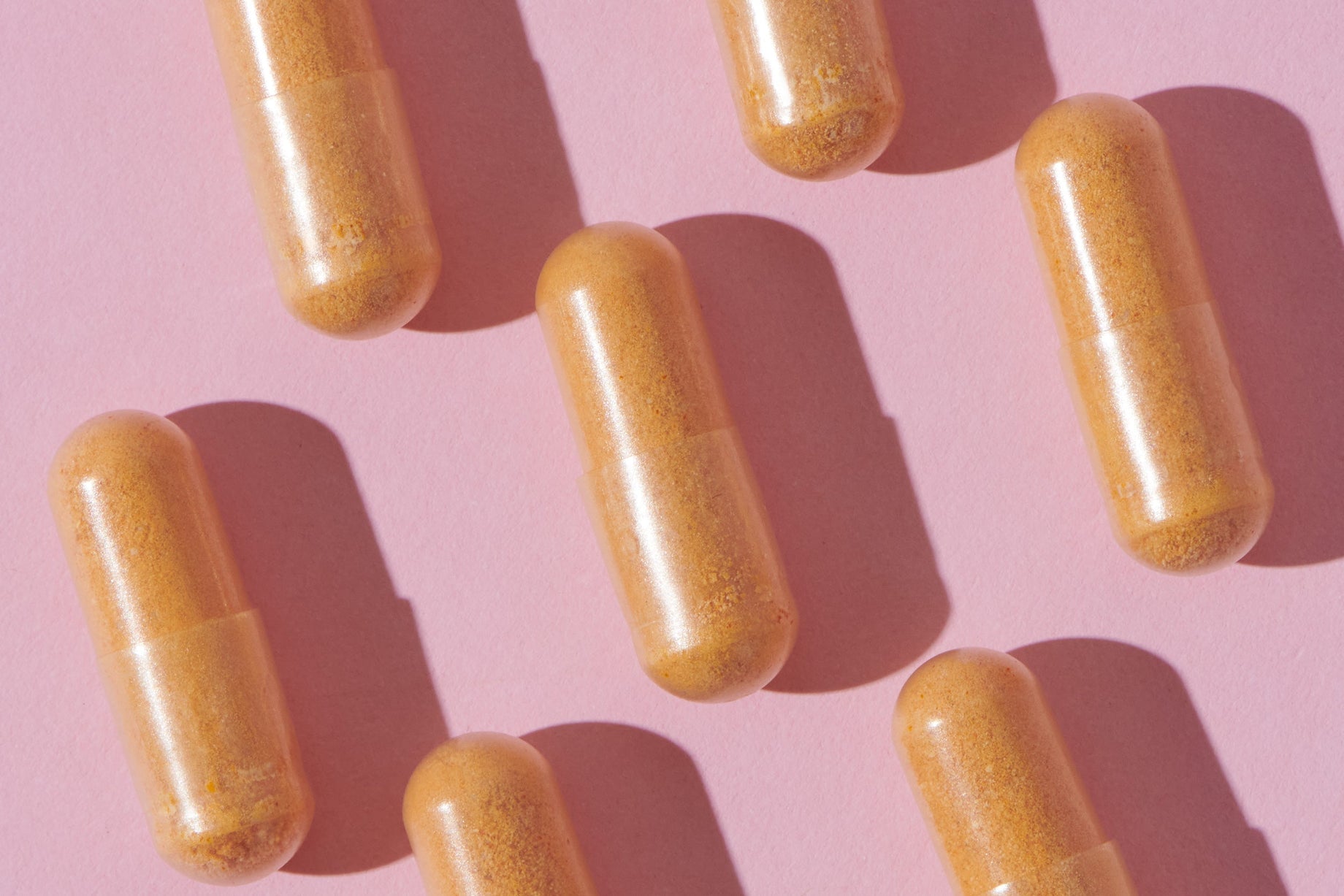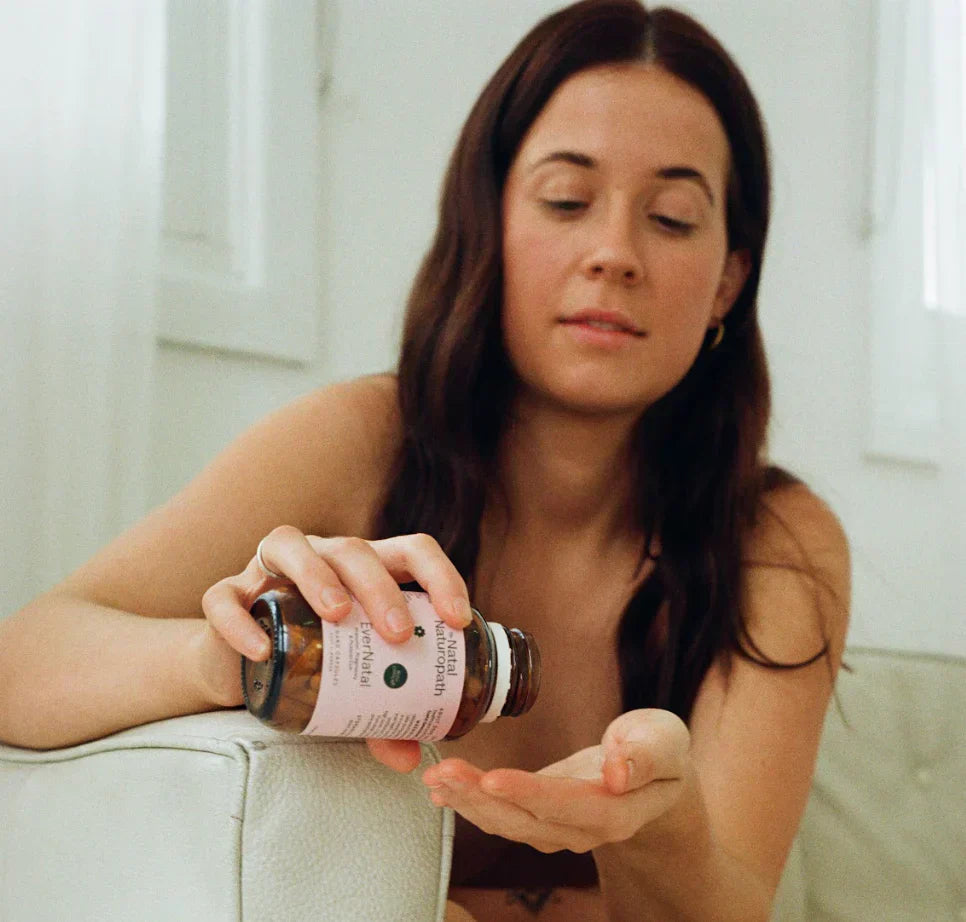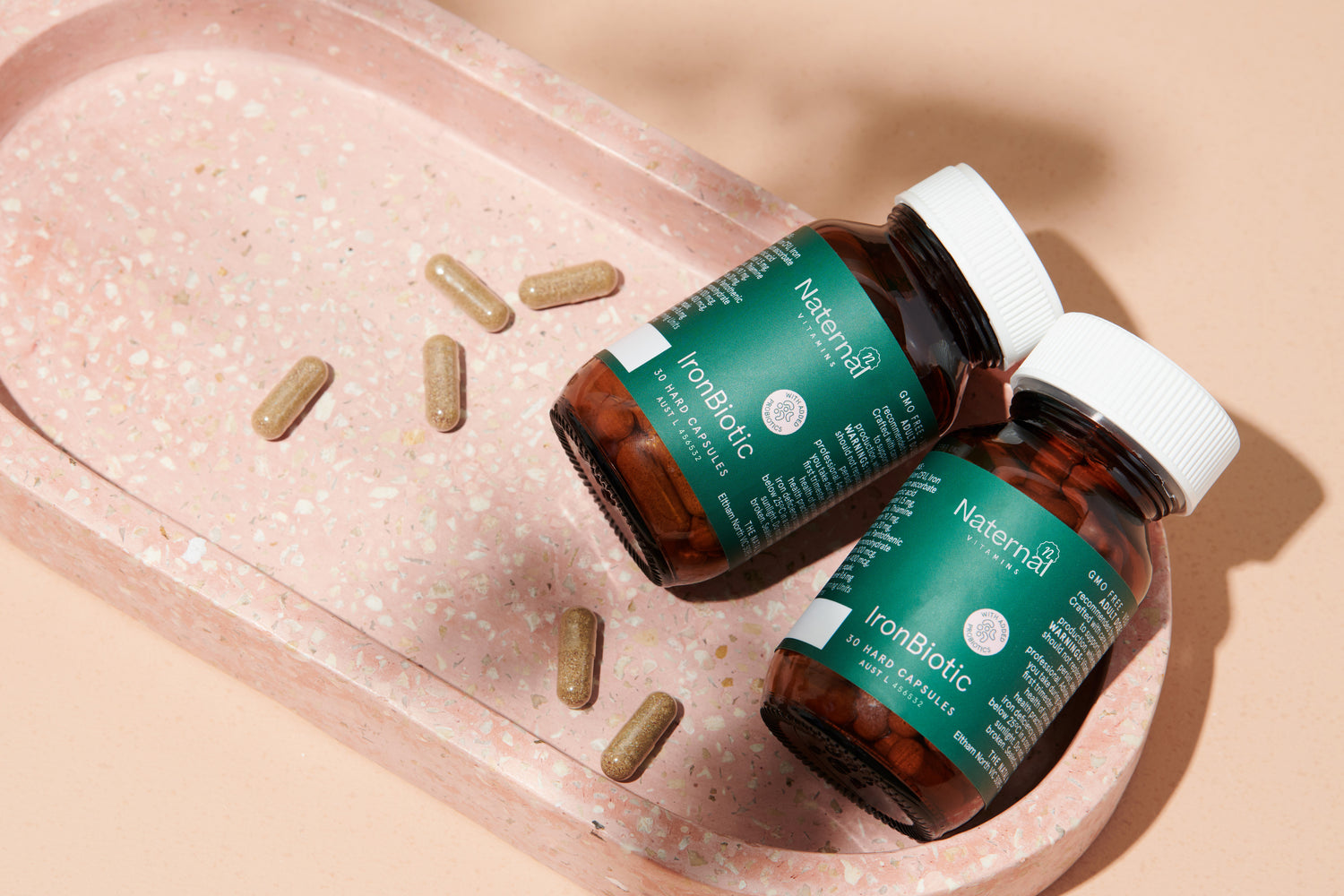Jump to:
The postpartum period, often referred to as the "fourth trimester," is a time of immense physical, emotional, and psychological change for new mothers. While the focus naturally shifts to the newborn, it is crucial to prioritise the health and well-being of the mother during this period. Proper postpartum care plays a vital role in the recovery process, helps prevent complications, and sets the stage for a smooth transition into motherhood.
In this guide, we’ll explore essential aspects of postpartum care, including managing postpartum depression self-care, understanding post childbirth care, utilising natural remedies for postpartum healing, and the importance of postnatal supplements such as magnesium and iron.
Understanding Postpartum Care
Why Postpartum Care is Crucial
The importance of postpartum care cannot be overstated. After childbirth, the body undergoes dramatic changes as it returns to its pre-pregnancy state. During this time, mothers need to focus on recovery, rebuilding strength, and emotional adjustment. Proper postpartum care addresses both the physical and emotional aspects of healing, helping to prevent complications like infections, excessive bleeding, or psychological issues like postpartum depression.
Post childbirth care is not just about medical check-ups; it’s about holistic healing that involves nutrition, emotional support, rest, and gradual physical activity.
Key Elements of Postpartum Care
1. Physical Recovery After Childbirth
Recovering from childbirth can take weeks or even months, depending on the circumstances of delivery and the individual's overall health. Key components of post childbirth care include:
- Rest and Relaxation: Adequate rest is critical for postpartum recovery. It's important to sleep whenever possible, as the newborn’s sleep patterns can be unpredictable.
- Wound and Incision Care: If you had a cesarean section or an episiotomy, keeping the wound clean and dry is essential to prevent infections.
- Hydration and Nutrition: Drinking plenty of water and eating a balanced diet rich in whole foods can help speed up the recovery process and provide the energy needed for breastfeeding.
2. Managing Postpartum Depression
Postpartum depression self-care is crucial for new mothers who may experience a range of emotions after childbirth. While it’s normal to feel overwhelmed, prolonged feelings of sadness, anxiety, or hopelessness might indicate postpartum depression. Here are some strategies to manage these feelings:
- Seek Professional Help: Therapy and counselling can be invaluable for women struggling with severe postpartum depression. Don’t hesitate to reach out to healthcare providers if symptoms persist.
- Build a Support Network: Engaging with support groups or speaking to friends and family can provide comfort and help reduce feelings of isolation.
- Mindful Practices: Techniques like meditation, deep breathing, and journaling can help calm the mind and alleviate stress.
-
Get regular blood tests: to check in with your iron, B12, Vitamin D levels - any of these when low can increase chance of developing postpartum depression.
Self-Care Practices for New Mothers
1. Prioritise Rest and Sleep
Getting enough sleep is a major challenge during the postpartum period. Sleep deprivation can intensify the symptoms of postpartum depression and anxiety. New mothers should try to rest whenever the baby sleeps and avoid taking on too many responsibilities too soon.
2. Physical Movement and Exercise
Light physical activity like walking or gentle stretching can improve mood, boost energy levels, and help with physical recovery. However, it’s essential to listen to your body and get your doctor’s approval before starting any exercise routine.
3. Nutrition and Postnatal Supplements
Postnatal supplements play a crucial role in replenishing the body’s nutrient stores depleted during pregnancy and childbirth. Proper nutrition and supplementation can help support energy levels, support lactation, and aid in overall healing.
Magnesium Supplements for Postpartum Recovery
Magnesium is an essential mineral that supports muscle function, reduces cramping, and helps regulate mood. Many women experience a magnesium deficiency after pregnancy, which can lead to fatigue, mood swings, and even anxiety.
- Benefits: Magnesium supplements can help improve sleep quality, reduce stress, and support muscle relaxation.
- Sources: Magnesium can be found in foods like leafy greens, nuts, seeds, and whole grains, but supplements may be necessary for some women to meet their needs.
Iron Levels and Iron Supplements
Maintaining adequate iron levels is crucial for energy and overall well-being during the postpartum period. Blood loss during childbirth can significantly reduce iron stores, leading to anemia, which causes fatigue, weakness, and decreased immunity.
- Benefits of Iron Supplements: Iron supplements help replenish red blood cells, improve energy levels, and support the immune system.
- Dietary Sources: Incorporate iron-rich foods like red meat, poultry, beans, lentils, spinach, and fortified cereals into your diet to boost iron intake naturally.
Natural Remedies for Postpartum Healing
Many women find comfort in natural remedies for postpartum healing, which can complement traditional medical treatments. These remedies are often used to alleviate common postpartum issues like soreness, cramping, and emotional instability.
1. Herbal Teas and Natural Supplements
- Fenugreek and Fennel Tea: These herbs are known to help increase milk production in breastfeeding mothers. They also aid digestion and reduce bloating.
- Chamomile Tea: Chamomile is calming and can help alleviate stress, promote better sleep, and ease postpartum discomfort.
- Arnica: This natural remedy is often used to reduce bruising and swelling after childbirth, particularly in areas that experienced trauma during delivery.
2. Essential Oils for Emotional Support
- Lavender Oil: Known for its calming properties, lavender can be used to reduce stress, promote relaxation, and improve sleep.
- Rose Oil: Rose essential oil has mood-enhancing effects that can help combat the baby blues and create a sense of emotional balance.
3. Warm Baths and Sitz Baths
Taking a warm bath with Epsom salts can help soothe sore muscles and promote perineal healing after a vaginal birth. Sitz baths are particularly effective in reducing pain and swelling in the perineal area, speeding up recovery.
Coping with Emotional Changes in the Postpartum Period
The emotional and psychological adjustments after childbirth can be overwhelming. Feelings of joy can quickly be followed by sadness or anxiety, which is entirely normal as hormone levels fluctuate. Recognising these changes and addressing them with compassion is essential for long-term emotional health.
Building a Support System
Surrounding yourself with supportive family members, friends, or other new mothers can help ease the emotional load. Joining a postpartum support group can also be a great way to share experiences and find comfort in the shared journey of motherhood.
Seeking Help When Needed
Never hesitate to seek professional help if you’re struggling with feelings of sadness, anxiety, or despair. Postpartum depression is a serious medical condition, but it is also highly treatable with the right support and interventions.
The Role of Nutrition in Postpartum Recovery
Good nutrition is at the heart of postpartum recovery. Eating a balanced diet full of whole foods not only aids in physical healing but also supports mental clarity and emotional stability. Some key nutrients to focus on include:
- Protein: Vital for tissue repair and muscle recovery. Sources include lean meats, eggs, beans, and nuts.
- Calcium: Important for bone health, especially if you’re breastfeeding. Dairy products, fortified plant milk, and leafy greens are excellent sources.
- Healthy Fats: Omega-3 fatty acids found in fish, flaxseeds, and walnuts are crucial for reducing inflammation and supporting brain health.
Incorporating Postnatal Supplements
Postnatal supplements are an essential component of postpartum care, ensuring that new mothers get the nutrients they need to support recovery and lactation. Common supplements include:
- Prenatal Vitamins: Continue taking your prenatal vitamins even after delivery to ensure you're getting adequate levels of essential nutrients like folic acid, vitamin D, and calcium.
- Magnesium Supplements: As discussed earlier, magnesium supports stress reduction, muscle relaxation, and improves sleep quality.
- Iron Supplements: To combat postpartum anemia, increase energy levels, and enhance immune function.
The Importance of Holistic Postpartum Care
Holistic postpartum care considers all aspects of a mother’s well-being, including physical recovery, emotional stability, and mental health. It emphasizes the need for a balanced approach that combines medical care with self-care practices, nutritional support, and natural remedies.
Partner and Family Support
The involvement of a partner or family members in the postpartum journey is crucial. They can provide practical help, offer emotional support, and encourage the new mother to take time for herself when needed.
Creating a Positive Postpartum Experience
A positive postpartum experience is all about realistic expectations and patience with the healing process. It's important to acknowledge the challenges and celebrate the small victories along the way. Remember that self-care is not selfish; it’s a necessity for both the mother and her family’s well-being.
Conclusion
The postpartum period is a unique phase in a woman’s life that requires a multifaceted approach to care. Understanding the importance of postpartum care, managing postpartum depression self-care, using natural remedies for postpartum healing, and incorporating postnatal supplements like magnesium and iron can make a world of difference in the healing process. By prioritizing physical recovery, emotional well-being, and nutritional support, new mothers can lay the foundation for a healthier, happier transition into motherhood.
Remember, postpartum care is about more than just recovery—it’s about nurturing yourself so you can fully embrace the joys and challenges of motherhood.







